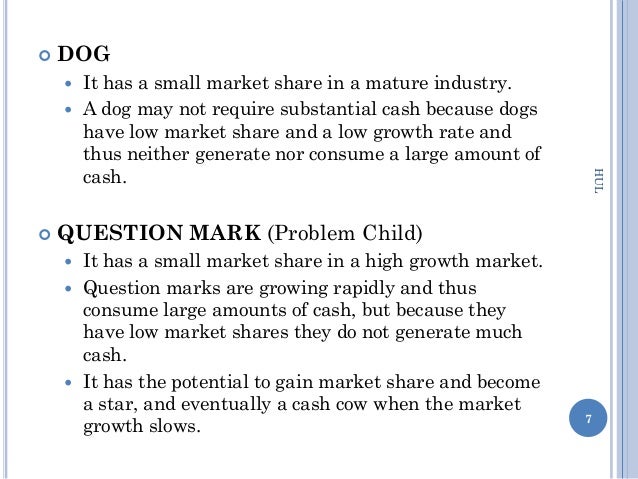

Our experiments with time off resulted in more open dialogue among team members, which is valuable in itself. Indeed, we found that when the assumption that everyone needs to be always available was collectively challenged, not only could individuals take time off, but their work actually benefited. Yet our research over the past four years in several North American offices of the Boston Consulting Group (BCG) suggests that it is perfectly possible for consultants and other professionals to meet the highest standards of service and still have planned, uninterrupted time off. These individuals further say they almost always respond within an hour of receiving a message from a colleague or a client. That doesn’t include the 20 to 25 hours a week most of them spend monitoring their BlackBerrys while outside the office. Just look at the numbers: According to a survey we conducted last year, 94% of 1,000 such professionals said they put in 50 or more hours a week, with nearly half that group turning in more than 65 hours a week. They believe an “always on” ethic is essential if they and their firms are to succeed in the global marketplace. People in professional services (consultants, investment bankers, accountants, lawyers, IT, and the like) simply expect to make work their top priority.

In this article, Perlow and Porter outline the lessons from BCG’s implementation of predictable time off-namely, impose a strict mechanism for taking days and nights off, encourage lots of talk about what’s working and what isn’t, promote experimentation with different ways of working, and insist on top-level support.

They can do this even in times of recession. There is no impetus to question whether the work actually requires 24/7 responsiveness on the contrary, people work harder and longer, without stopping to explore how they could work better.īut four years of research conducted by the authors in several North American offices of the Boston Consulting Group suggests that consultants and other professionals can provide the highest standards of service and still have planned, uninterrupted time off. When people are always “on,” responsiveness becomes ingrained in the way they work, expected by clients and partners, and even institutionalized in performance metrics. This perpetuates a vicious cycle: Responsiveness breeds the need for more responsiveness. People in professional services believe a 24/7 work ethic is essential for getting ahead-and so they work 60-plus hours a week and stay tethered to their Black?Berrys.


 0 kommentar(er)
0 kommentar(er)
